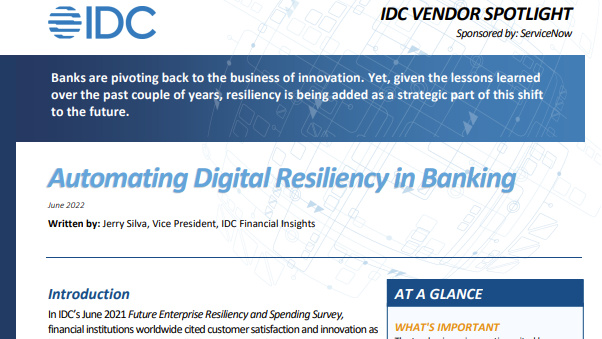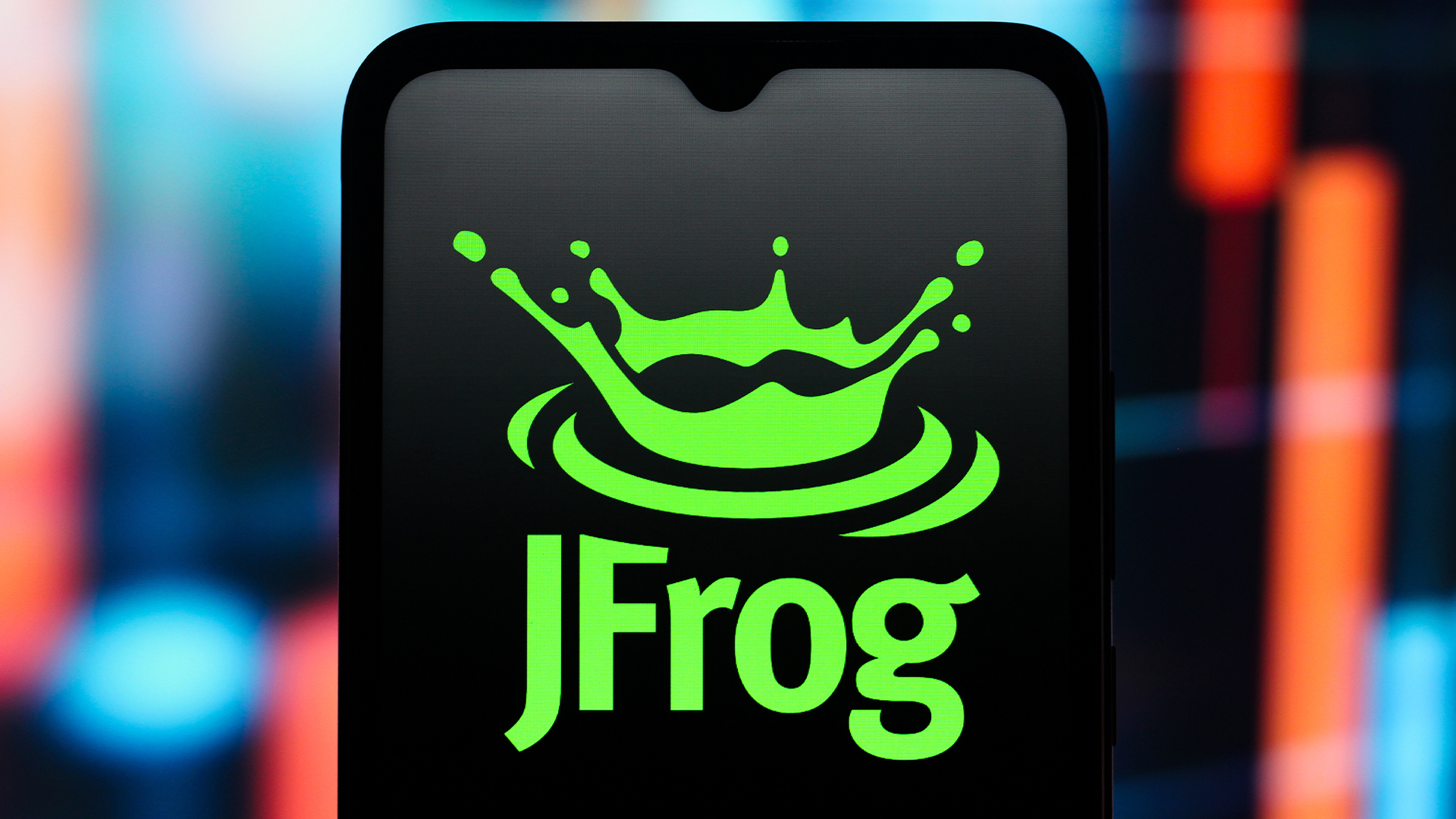‘Big game ransomware’ tactics return as attackers eye lucrative payouts
Small businesses aren’t out of the firing line, but big business is facing a new wave as operators take gambles


Ransomware operators have increased attacks on large companies in a push for greater profit, bucking the more recent trend of focusing on smaller businesses.
Payouts under $1,000 have remained high in the financial year to date, many of which result from attacks on small businesses that lack the backups to restore encrypted data or have poorer defenses.
But in H1 2023 the percentage of ransomware payments exceeding $100,000 has risen, prompting researchers to question if attackers have adapted to corporate negotiation strategies.
Chainalysis published the findings in its latest Crypto Crime report, in which ransomware was highlighted as an outlier in an otherwise worsening landscape for cyber criminals.
By June, ransomware operators had extorted $175.8 million more in 2023 than in the first six months of 2022, following the rise in the number of large ransom payments.
“These notable shifts in figures directly align with the growing number of extremely high initial demands, ranging in the tens and hundreds of millions of USD,” said Andrew J. Davis, general counsel and risk officer at cyber security firm Kivu.
The authors directly correlated the decline in average payout size in 2022 to an improvement in corporate defense strategies and more aggressive law enforcement.
Sign up today and you will receive a free copy of our Future Focus 2025 report - the leading guidance on AI, cybersecurity and other IT challenges as per 700+ senior executives
RELATED RESOURCE

Automating digital resiliency in banking
Read this IDC report and learn how to become operationally resilient through DX.
A growing number of large corporate victims have been able to refuse to pay ransoms due to their cyber standing, such as Royal Mail’s rejection of LockBit’s demands in February 2023.
Davis suggested that the ‘don’t pay’ strategy could have driven ransomware operators to increase their initial demands, in a gamble to make up for losses through the smaller amount of companies willing to give in.
Strains like ALPHV, which was notably used in the recent attack on Western Digital, have been associated with millions of dollars in average payouts.
The Cl0p operation was also named as one of the leading groups benefiting from from cyber crime this year after adopting a pure extortion approach rather than using a traditional ransomware payload.
Its supply chain attacks on GoAnywhere MFT and MOVEit File Transfer have been among the most impactful in 2023.
Less sophisticated strains like Dharma and Phobos are linked with ‘spray and pray’ attacks on small targets, which require minimal effort from threat actors but also result in payouts averaging only a few hundred dollars.
Projections showed that ransomware operators could make as much as $898.6 million in 2023, an annual total second only to the $939.9 million attackers extorted in 2021.
Researchers noted that Russia’s invasion of Ukraine had diverted the resources of ransomware groups to state-sponsored activities rather than profitable pursuits.
Some groups may now have rowed back these commitments, leading to a resurgence in profit-motivated attacks.
Global ransomware activity was up 47% year on year in Q1 2023, though cyber insurance premiums have remained stable or fallen.
40% of companies surveyed by the Howden Group reported ransom payments of $1 million, up from 11% in 2022, as criminals have pivoted to a stronger financial focus rather than on breaking down defenses.

Rory Bathgate is Features and Multimedia Editor at ITPro, overseeing all in-depth content and case studies. He can also be found co-hosting the ITPro Podcast with Jane McCallion, swapping a keyboard for a microphone to discuss the latest learnings with thought leaders from across the tech sector.
In his free time, Rory enjoys photography, video editing, and good science fiction. After graduating from the University of Kent with a BA in English and American Literature, Rory undertook an MA in Eighteenth-Century Studies at King’s College London. He joined ITPro in 2022 as a graduate, following four years in student journalism. You can contact Rory at rory.bathgate@futurenet.com or on LinkedIn.
-
 Let artificial intelligence transform the tone of your customer service
Let artificial intelligence transform the tone of your customer service3CX’s new AI-powered receptionist can simplify the lives of your customers and your staff, and that’s just one of the latest enhancements
-
 JFrog names go-to-market veteran as new CMO
JFrog names go-to-market veteran as new CMONews The experienced industry leader will lead JFrog’s global marketing activity as the firm enters its next growth phase